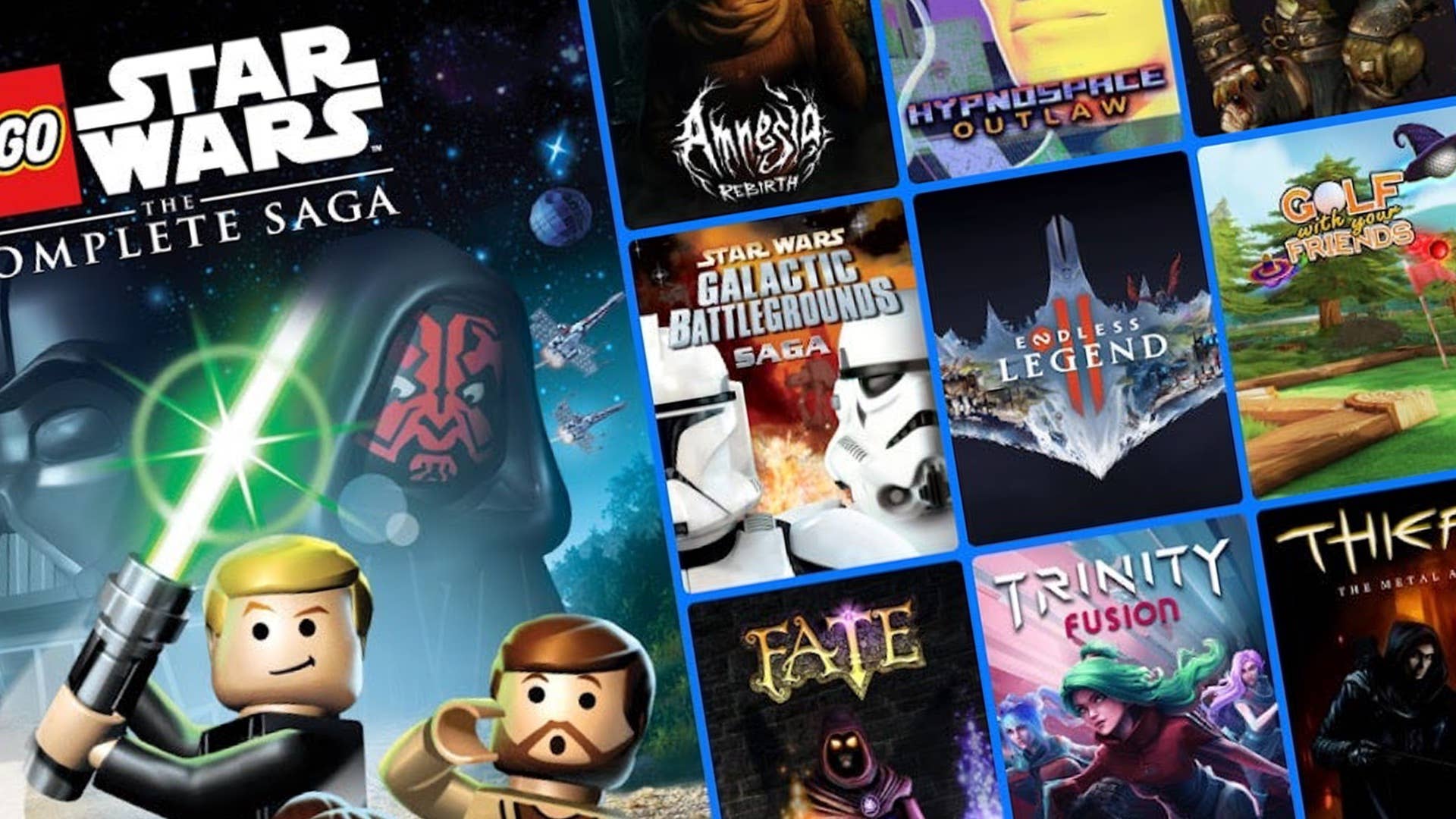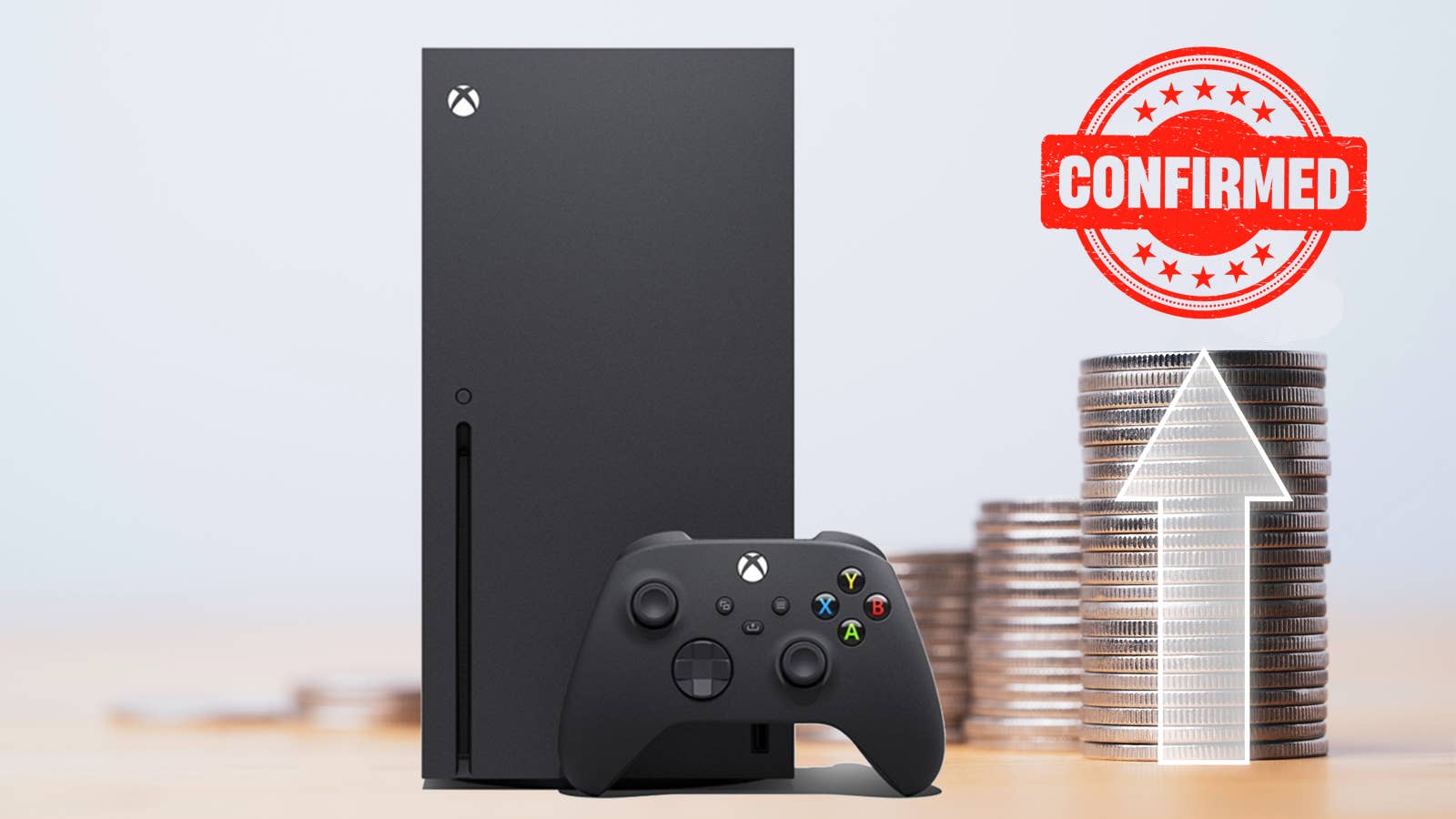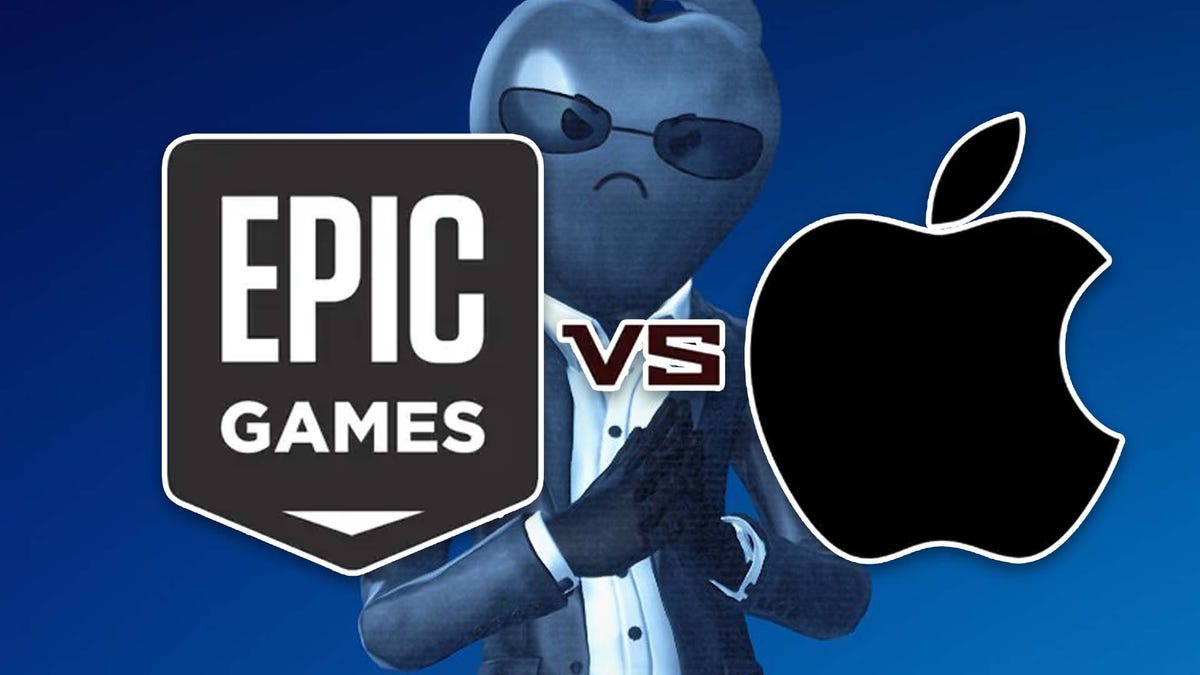This rotten Apple ruling cracks the reality distortion field – and I don't know if that's what consumers want
A US District Court Judge has ruled that Apple not only failed to comply with a ruling in the Apple vs. Epic case, it went ahead and "created new anticompetitive barriers".
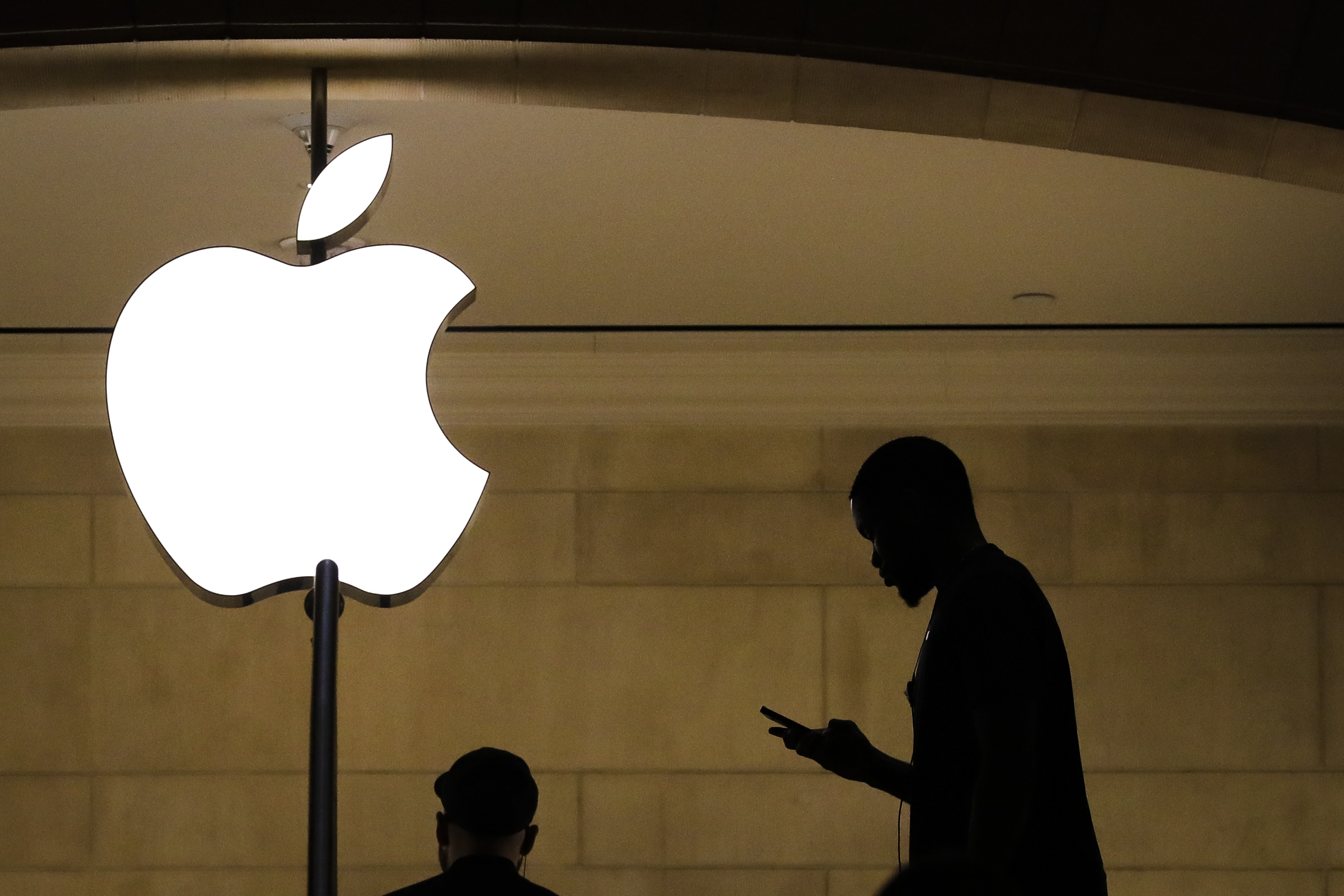
Apple does not hide its deeds under a bushel; When it "lost" the Epic (Fortnite) case last year, it quickly rolled out a series of changes to satisfy the injunction.
If no one else realized Apple had somehow won by losing, Epic certainly knew it, with Epic CEO Tim Sweeney stating on X (formerly Twitter), "The court battle to open iOS to competing stores and payments is lost in the United States. A sad outcome for all developers."
In answer to that ruling, Apple started charging a 27% commission on App Store apps that chose to manage their own billing and forced them to apply for a special tool that let app developers include a button to outside billing systems. Additionally, Apple required that developers still support Apple's in-app billing system as an alternative to third-party ones.
It was all there in black and white, but those decisions triggered what may be one of the most scathing rulings I have ever read. I mean, US District Court Judge Yvonne Gonzales Rogers who has been presiding over this case for years is pissed.
Was Apple trying to follow the letter of the law while skirting around the bits that might have any impact on its commission revenue business? As Judge Gonzalez sees it, yes.
Don't believe me? Read this unedited bit from the court ruling:
"In stark contrast to Apple’s initial in-court testimony, contemporaneous business documents reveal that Apple knew exactly what it was doing and at every turn chose the most anticompetitive option.
To hide the truth, Vice-President of Finance, Alex Roman, outright lied under oath. Internally, Phillip Schiller had advocated that Apple comply with the Injunction, but Tim Cook ignored Schiller and instead allowed Chief Financial Officer Luca Maestri and his finance team to convince him otherwise.
Cook chose poorly. The real evidence, detailed herein, (Case 4:20-cv-05640-YGR Document 1508 Filed 04/30/25 Page 2 of 80 3 1 2 3 4 5 6 7 8 9 10 11 12 13 14 15 16 17 18 19 20 21 22 23 24 25 26 27 28 United States District Court Northern District of California) more than meets the clear and convincing standard to find a violation. The Court refers the matter to the United States Attorney for the Northern District of California to investigate whether criminal contempt proceedings are appropriate."
As the judge sees it, Apple may have used the ruling to further enrich its commission business:
"Prior to the Injunction, Apple did not allow 'linked-out purchases' and, thus, did not charge any commission for purchases made outside of, or off, its platform. Now, it does."
The filing shows how Apple worked to fulfill the injunction in such a way that, while maybe opening new third-party billing and revenue avenues to developers, it also solidified Apple's hold on the process and commission collection.
Judge Gonzalez paints this as a pretty nefarious operation with Apple willfully hiding and lying about its intentions.
The thing is, Apple has never lied about its intentions regarding the App Store.
The Apple way
Apple likes full-stack control for, well, control, but also so it can fulfill its security and privacy promises. An App Store where you can trust the majority of apps is not something that occurs naturally. You must set the parameters and ensure that every app that passes through those narrow gates does what it promised and is free from malware and spyware.
It's no accident that your best iPhone is not riddled with malware or that you rarely download a fake app (does anyone remember the early days of Android apps before Google Play?!). The more open Apple is with its platforms, the more risk it incurs for itself and its customers.
It's also clear, though, that Apple doesn't think much about methods or perception. If it was being forced to give third-party fulfillment systems access to App Store customers, then why not charge third-party developers for the pleasure? After all, the links to these platforms would come through Apple. Was that a deterrent to the development of such systems? Probably. Was that Apple's intention? I don't know.
If you believe the injunction, you know some within Apple knew that Apple's methods of compliance were too close to flouting the law. Those voices, though, did not win. Former Apple CFO Luca Maestri, once a voice of reason on Apple earnings calls, is named a key champion of potentially bad ideas.
As for what Apple does next, well, I'm sure it will fight, but there's also no way it can ignore Judge Gonzales' closing statement:
"This is an injunction, not a negotiation. There are no do-overs once a party willfully disregards a court order. Time is of the essence. The Court will not tolerate further delays. As previously ordered, Apple will not impede competition. The Court enjoins Apple from implementing its new anticompetitive acts to avoid compliance with the Injunction. Effective immediately Apple will no longer impede developers’ ability to communicate with users nor will they levy or impose a new commission on off-app purchases."
What happens next
If this ruling holds, which is not a certainty as Apple plans to appeal, it may trigger sweeping changes that could forever alter the way we use the App Store.
The loss of a fully closed system may not be the best thing for consumers. Still, it gives developers the flexibility many have been craving and effectively takes the Apple commission (a..k.a. the "Apple tax") off the table for transactions happening outside the platform, even if users found that link from inside Apple's App Store.
Epic is already planning for a best-case scenario and quickly announced that Fortnite will return to the App Store next week with, I'm sure, in-app purchases (those skins!), all taking you outside Apple's platform.
We will return Fortnite to the US iOS App Store next week.Epic puts forth a peace proposal: If Apple extends the court's friction-free, Apple-tax-free framework worldwide, we'll return Fortnite to the App Store worldwide and drop current and future litigation on the topic. https://t.co/bIRTePm0TvApril 30, 2025
This might be the first effective crack in Apple's "reality distortion field," one that refashions reality to suit its needs. We've seen it at work this year with Apple not delivering the full Apple Intelligence experience but telling consumers that the iPhone 16 comes with it. It has since quietly removed some of that language from product pages.
Apple has rarely admitted mistakes or shortcomings, and while this ruling isn't a sign that Apple will start now, it appears to have no choice but to deconstruct the distortion field it built around app developer choice.
As for the injunction, it reads like the final word on the subject:
"Apple willfully chose not to comply with this Court’s Injunction. It did so with the express intent to create new anticompetitive barriers which would, by design and in effect, maintain a valued revenue stream; a revenue stream previously found to be anticompetitive. That it thought this Court would tolerate such insubordination was a gross miscalculation. As always, the coverup made it worse. For this Court, there is no second bite at the apple. "
Ouch.
You might also like
- Apple ‘strongly disagrees’ with ruling that could change the App Store – as Fortnite says it could now return to iPhones
- Apple officially delays the AI-infused Siri and admits, ‘It’s going to take us longer than we thought’
- The Bella Ramsey Apple Intelligence ad that disappeared, and why Apple is now facing a false advertising lawsuit
- AI took a huge leap in IQ, and now a quarter of Gen Z thinks AI is conscious

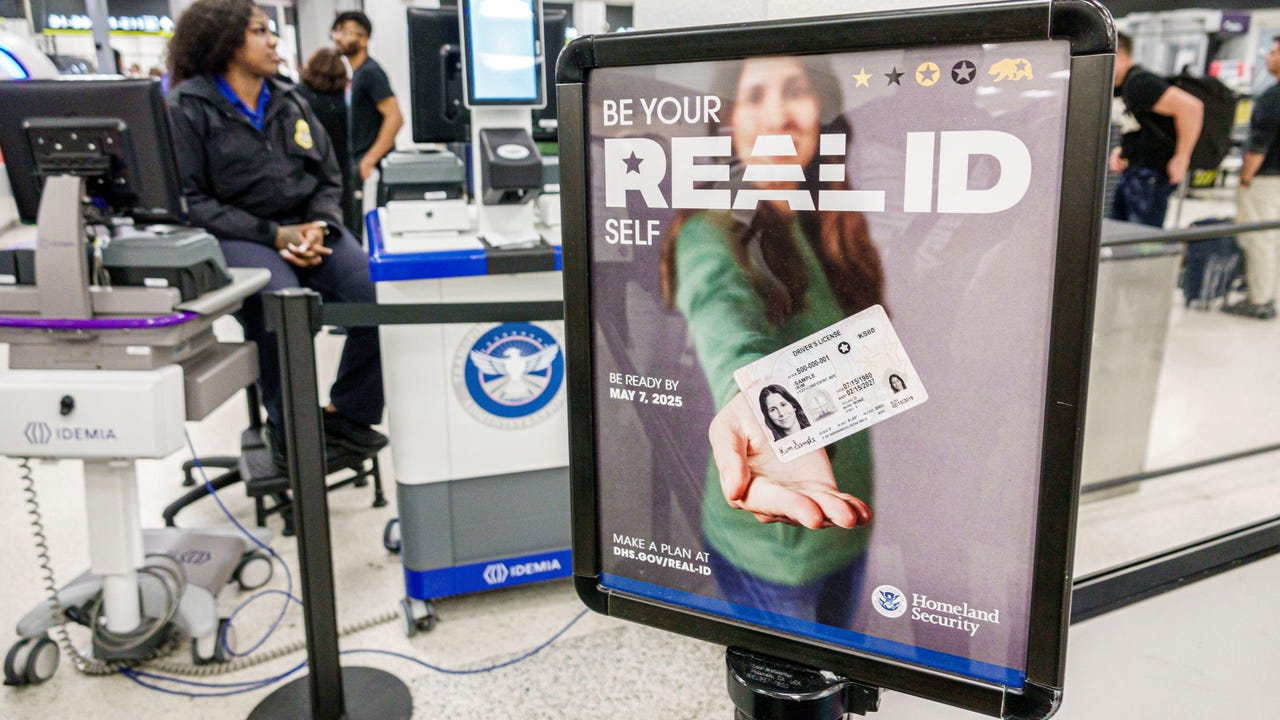



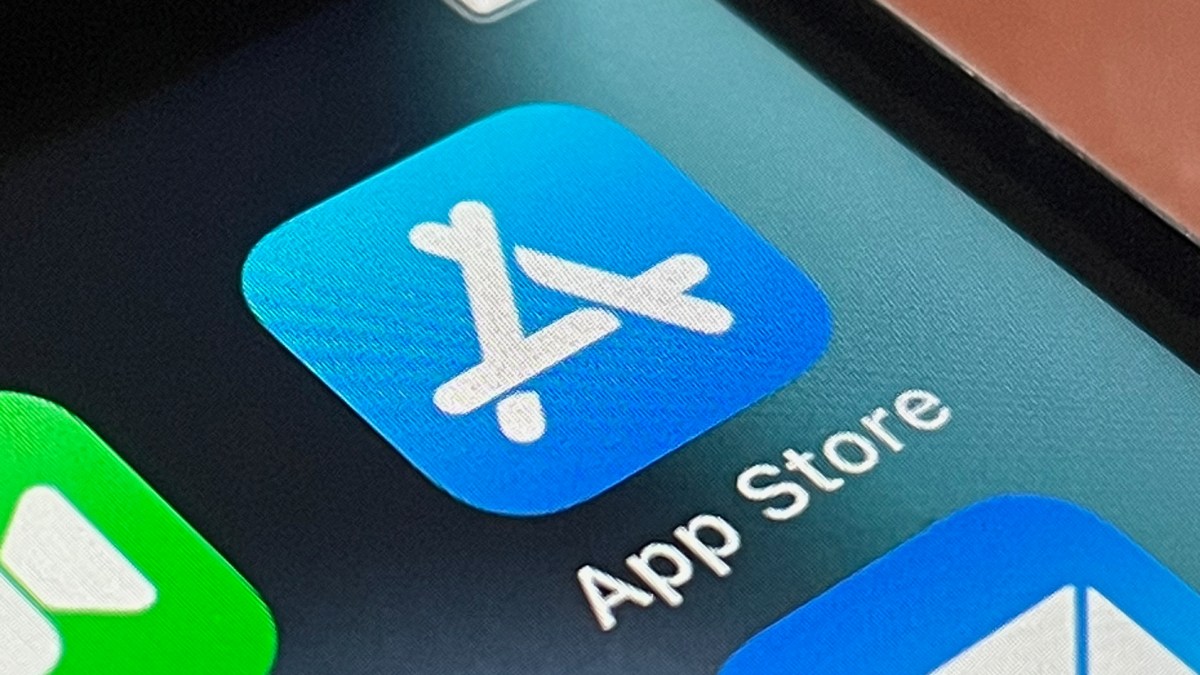














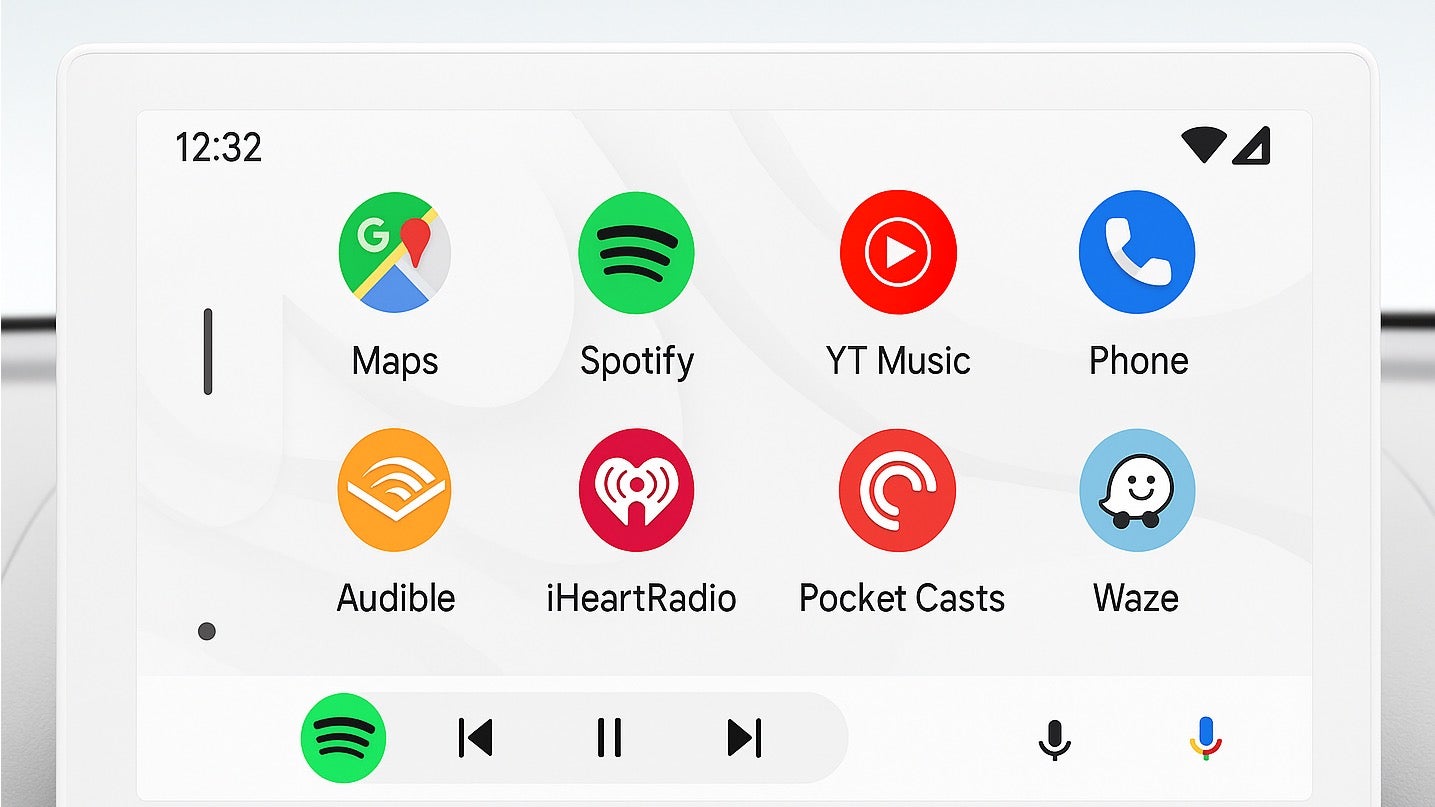
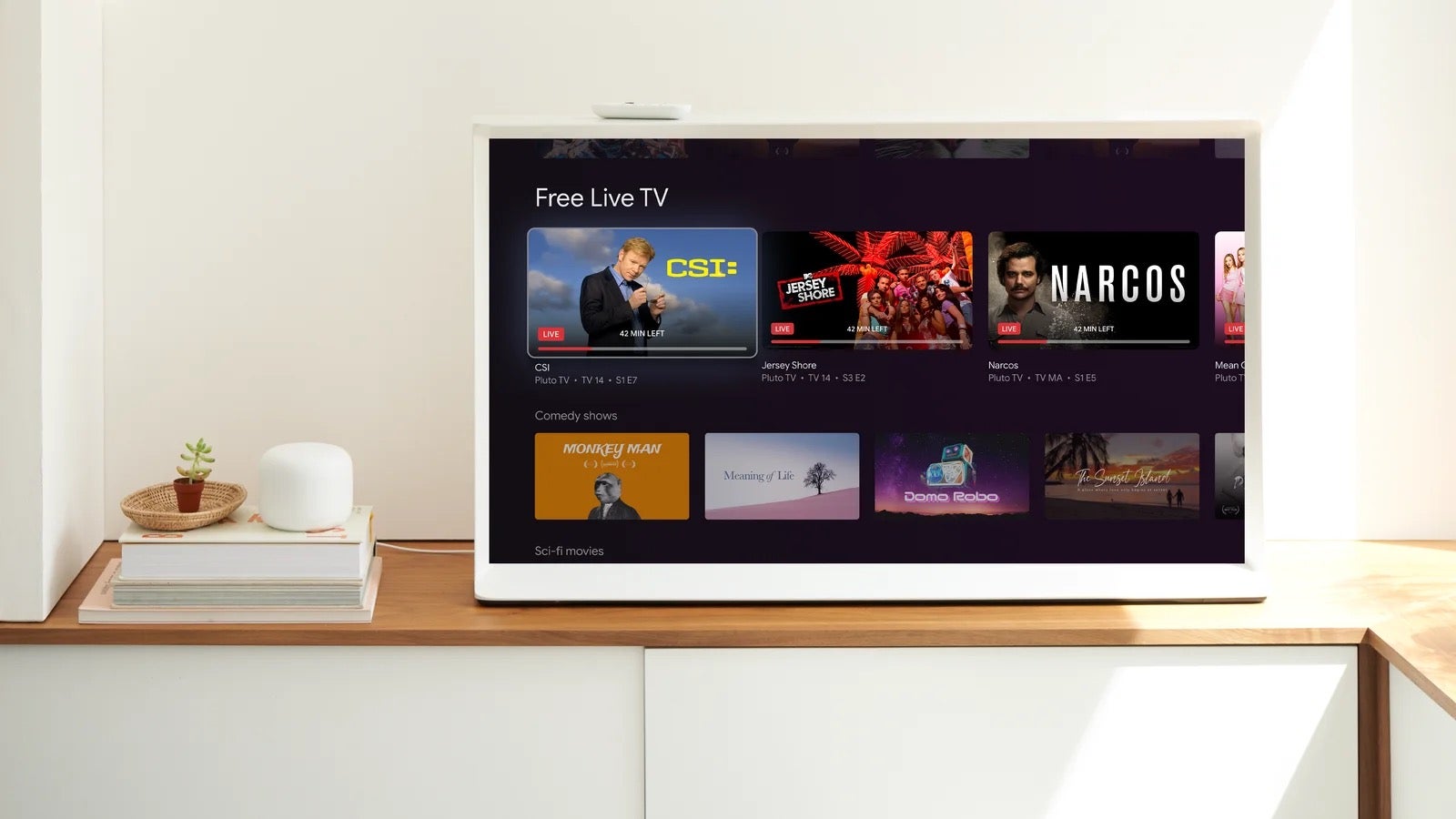

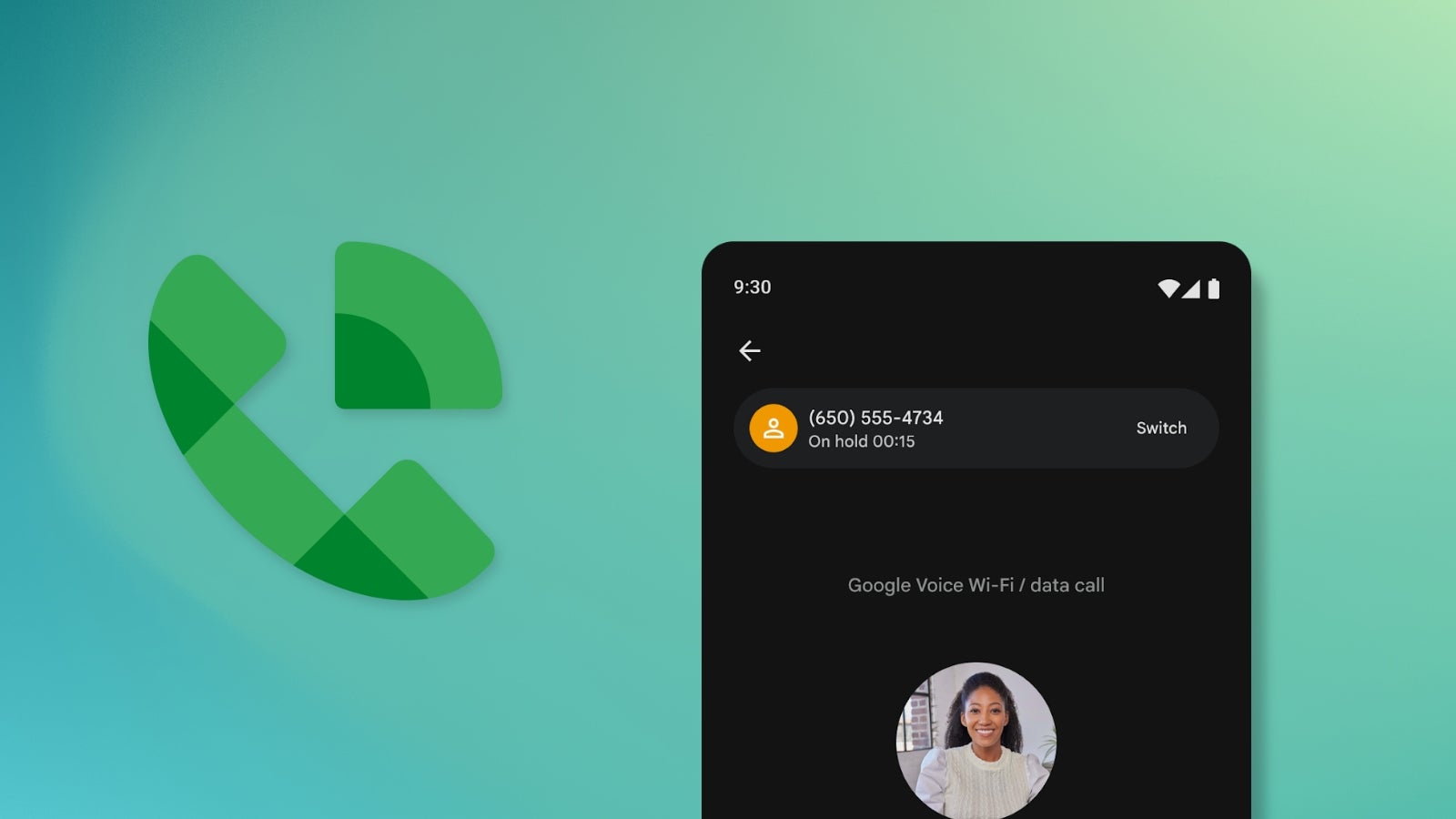




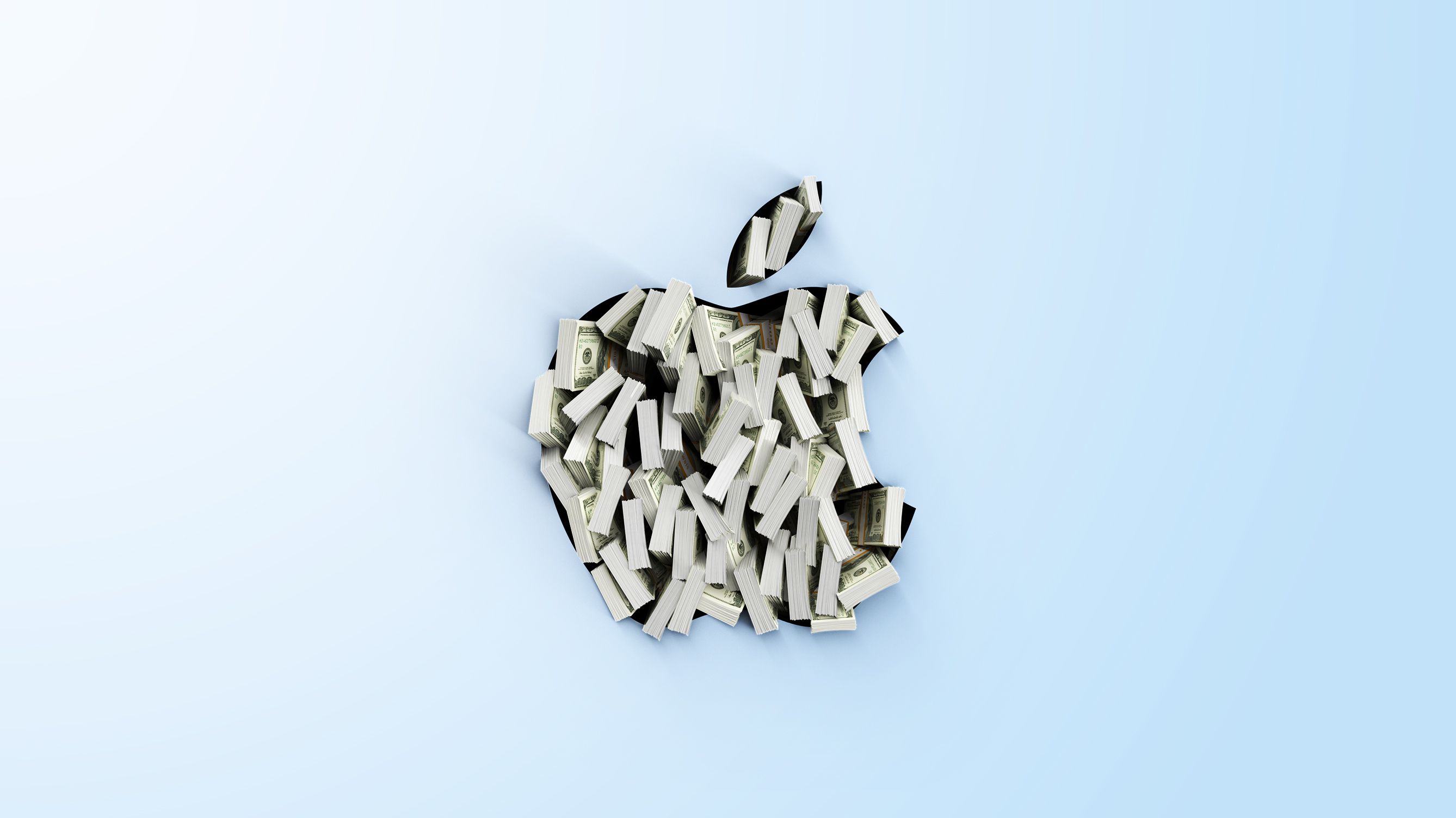





















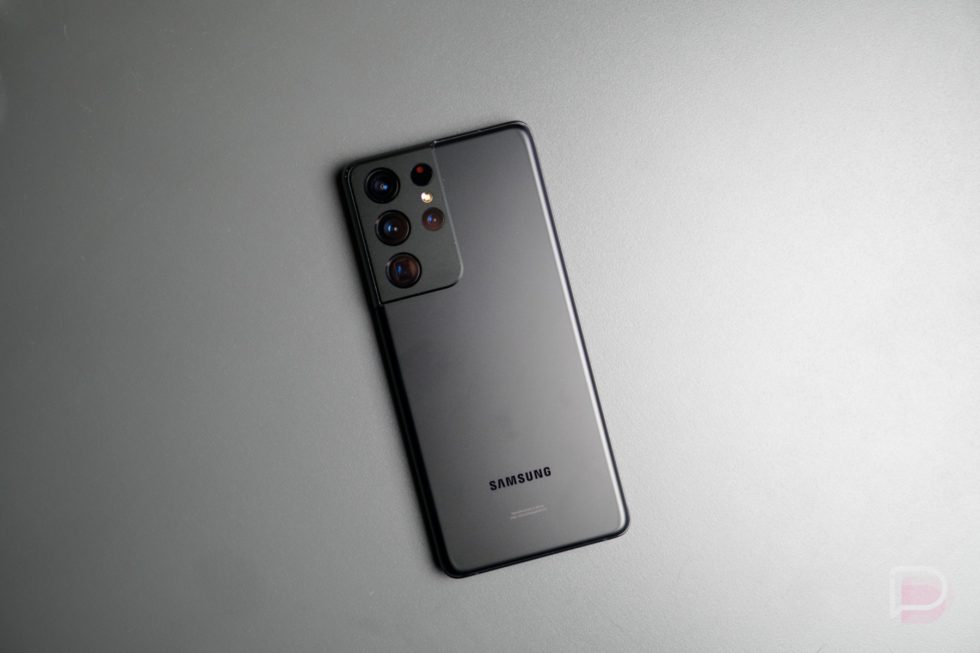
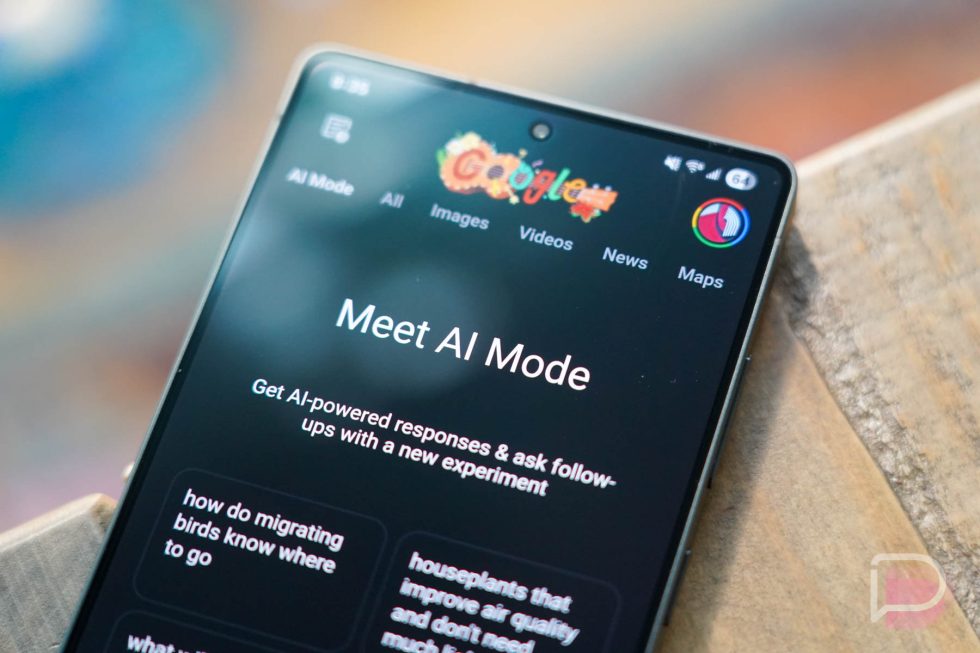

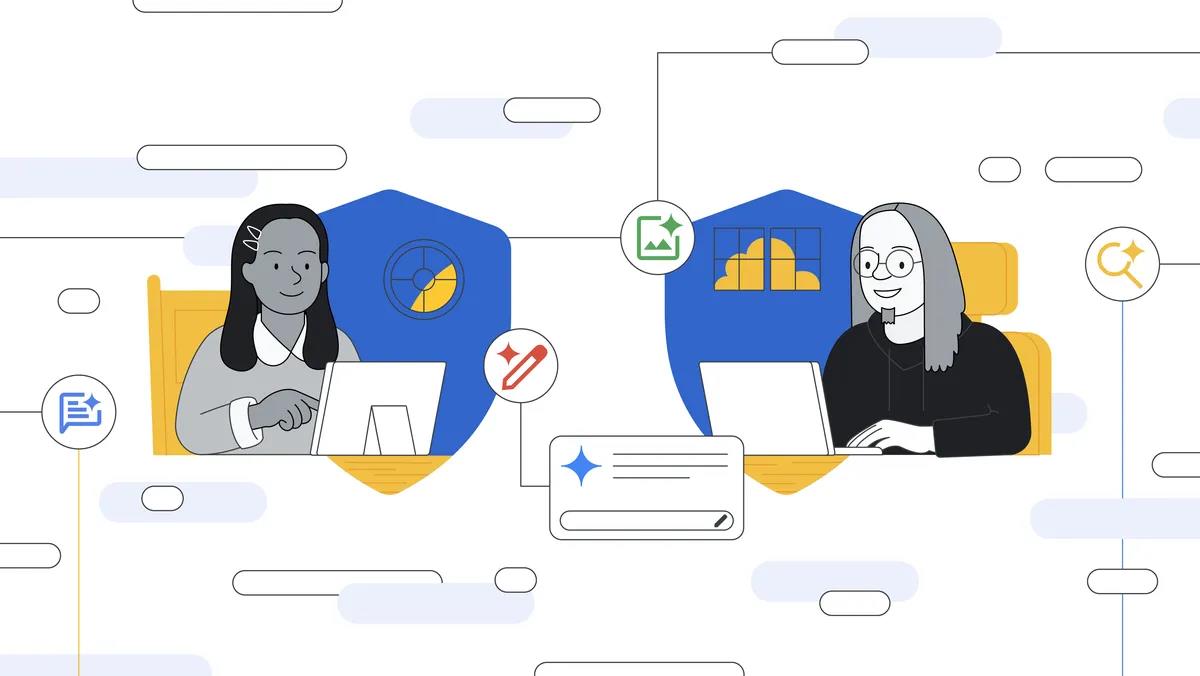
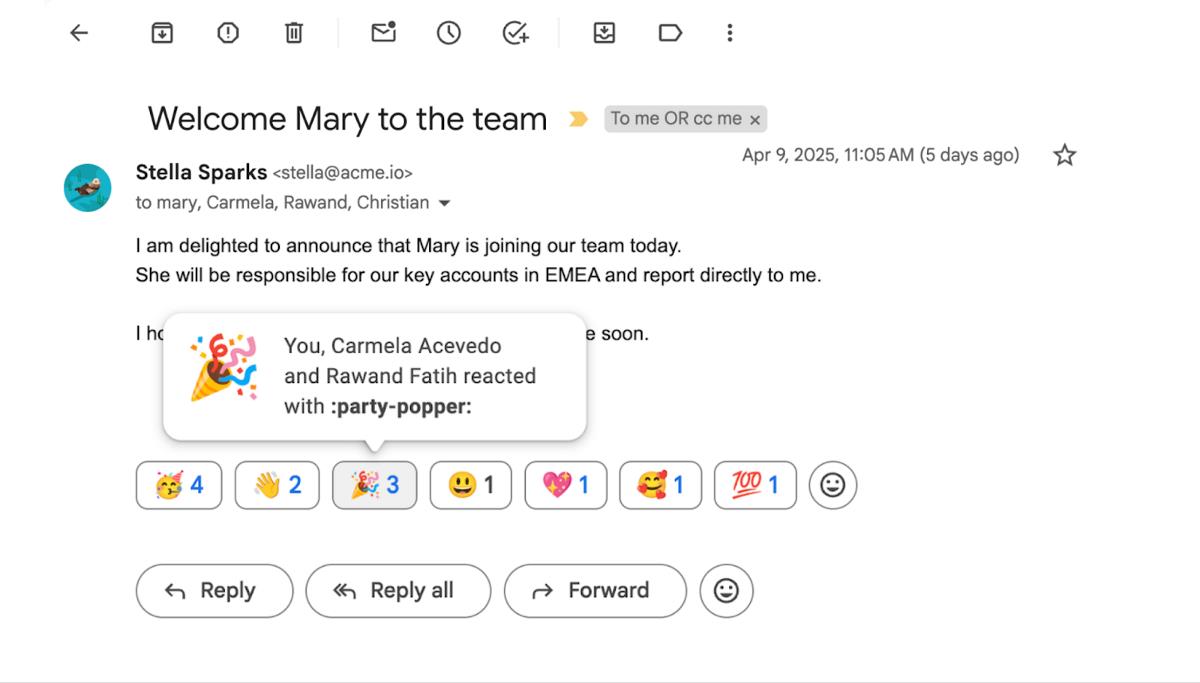
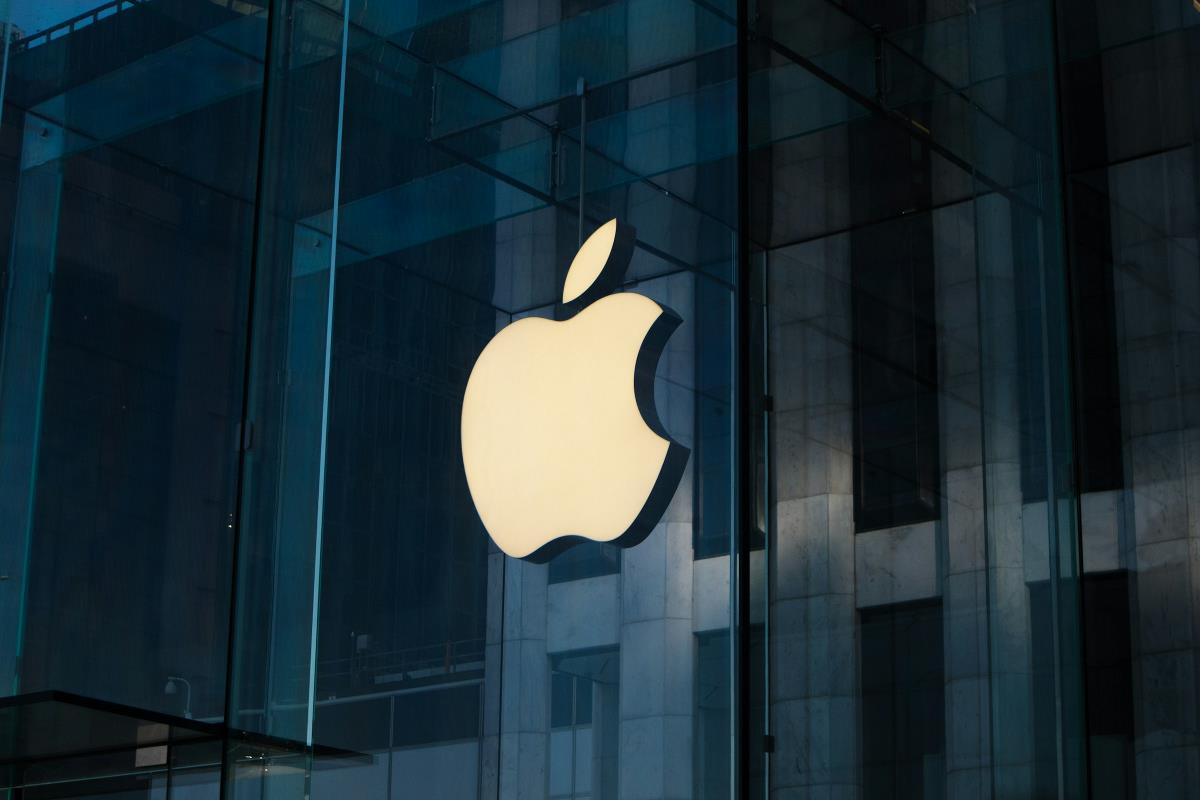



















![Apple Reports Q2 FY25 Earnings: $95.4 Billion in Revenue, $24.8 Billion in Net Income [Chart]](https://www.iclarified.com/images/news/97188/97188/97188-640.jpg)


![Apple Ships 55 Million iPhones, Claims Second Place in Q1 2025 Smartphone Market [Report]](https://www.iclarified.com/images/news/97185/97185/97185-640.jpg)
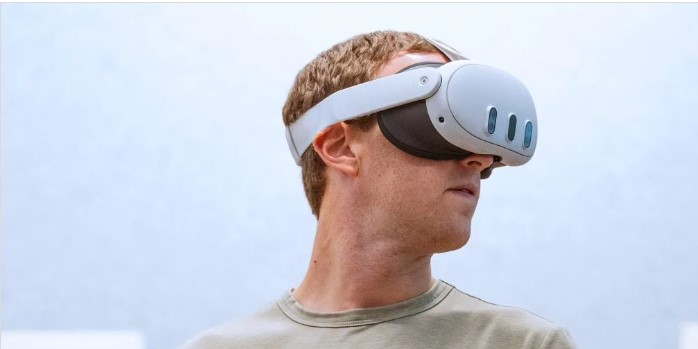











![Android Auto light theme surfaces for the first time in years and looks nearly finished [Gallery]](https://i0.wp.com/9to5google.com/wp-content/uploads/sites/4/2023/01/android-auto-dashboard-1.jpg?resize=1200%2C628&quality=82&strip=all&ssl=1)






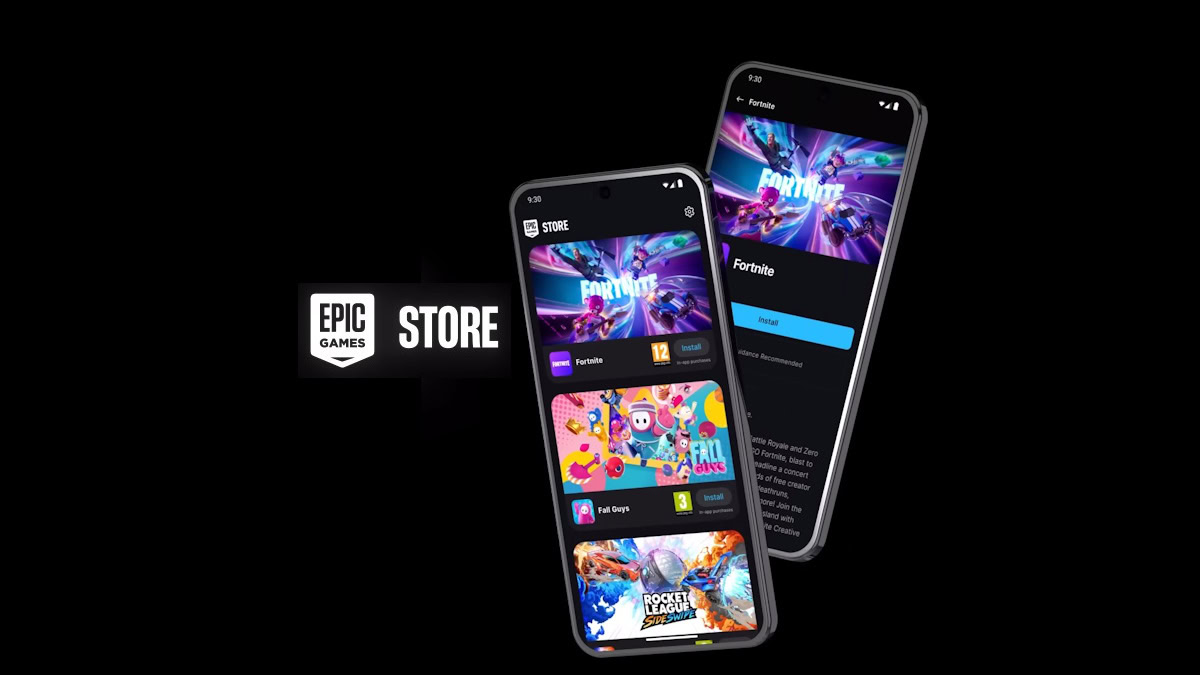
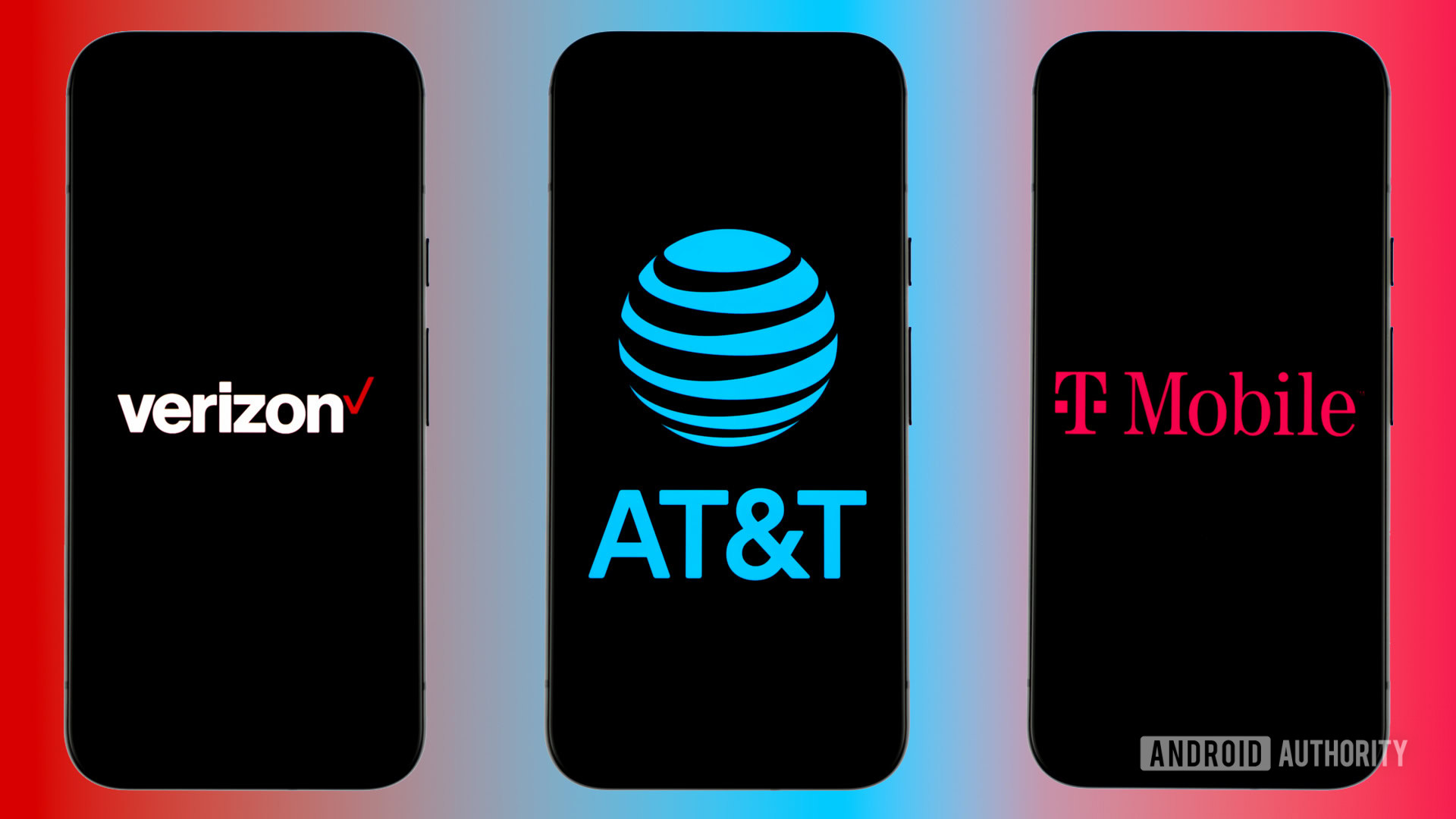
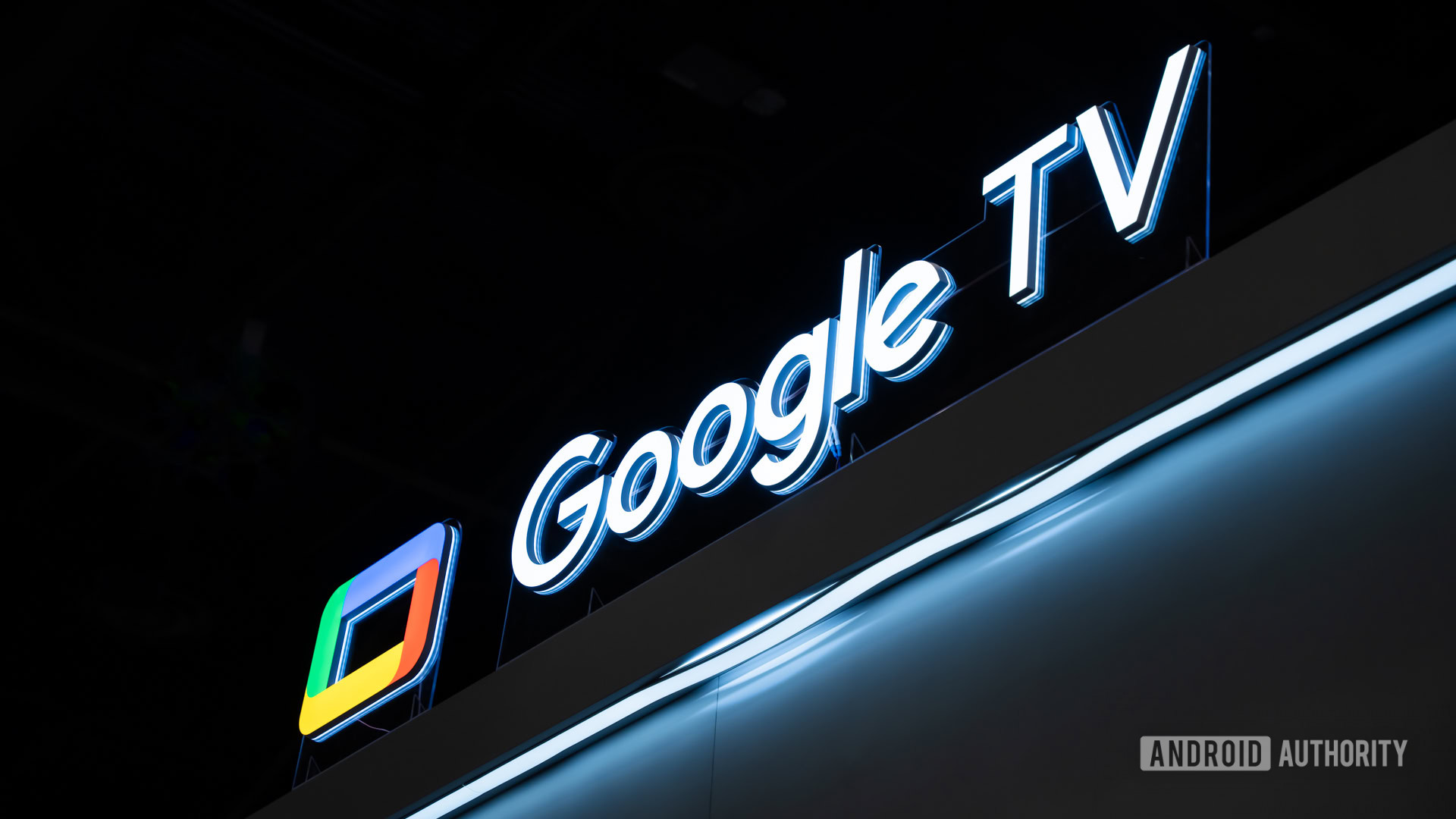

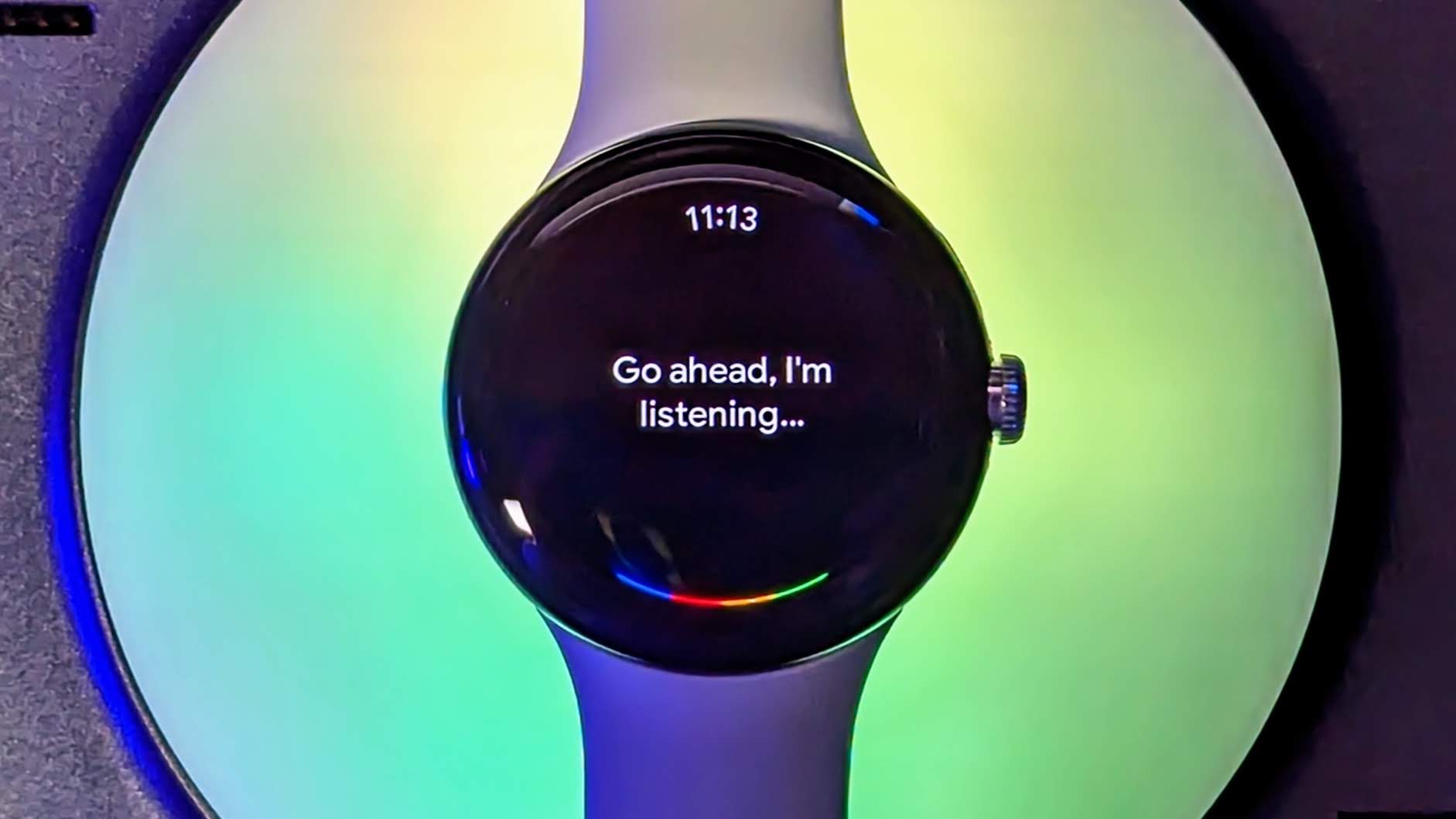
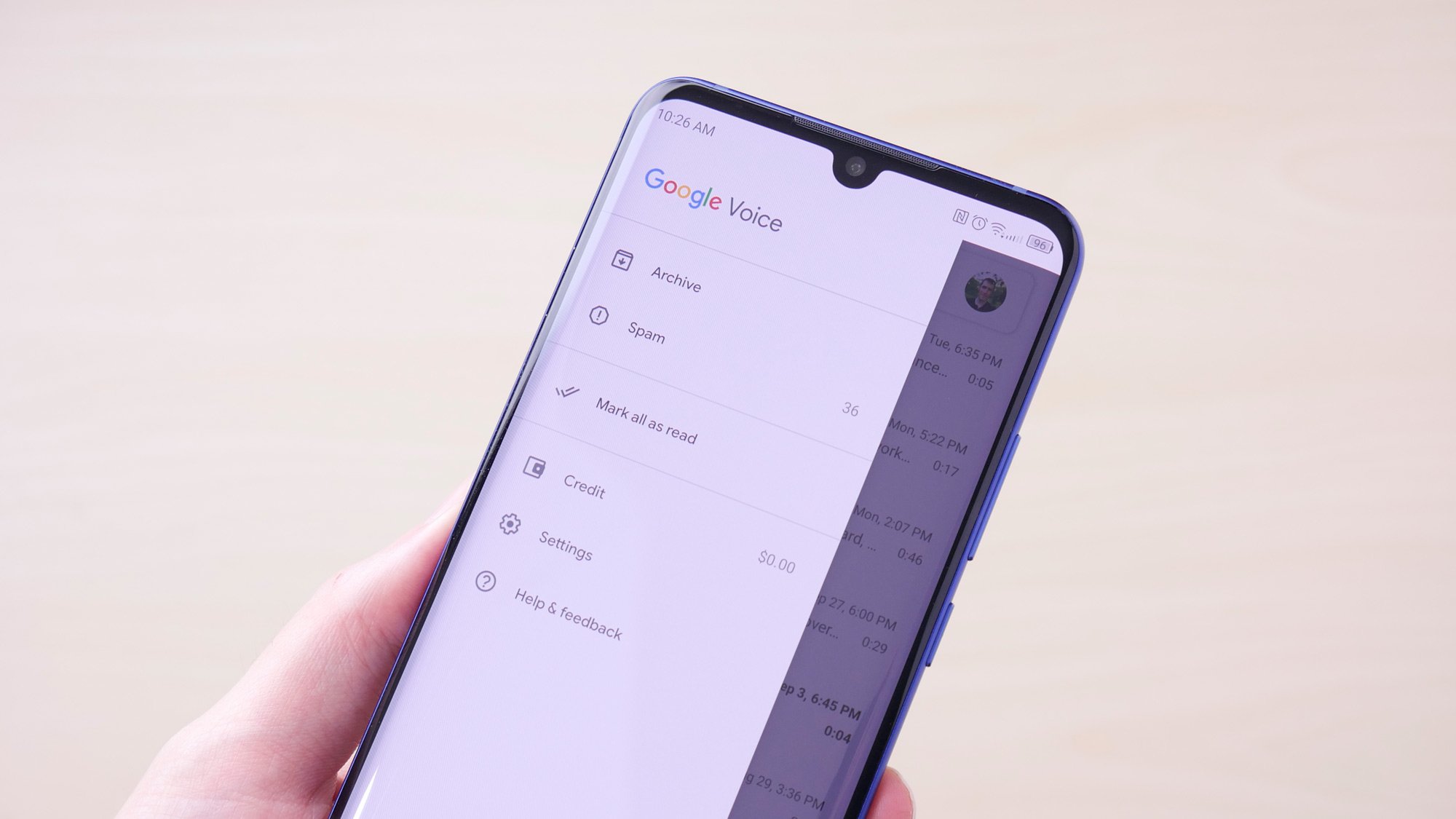
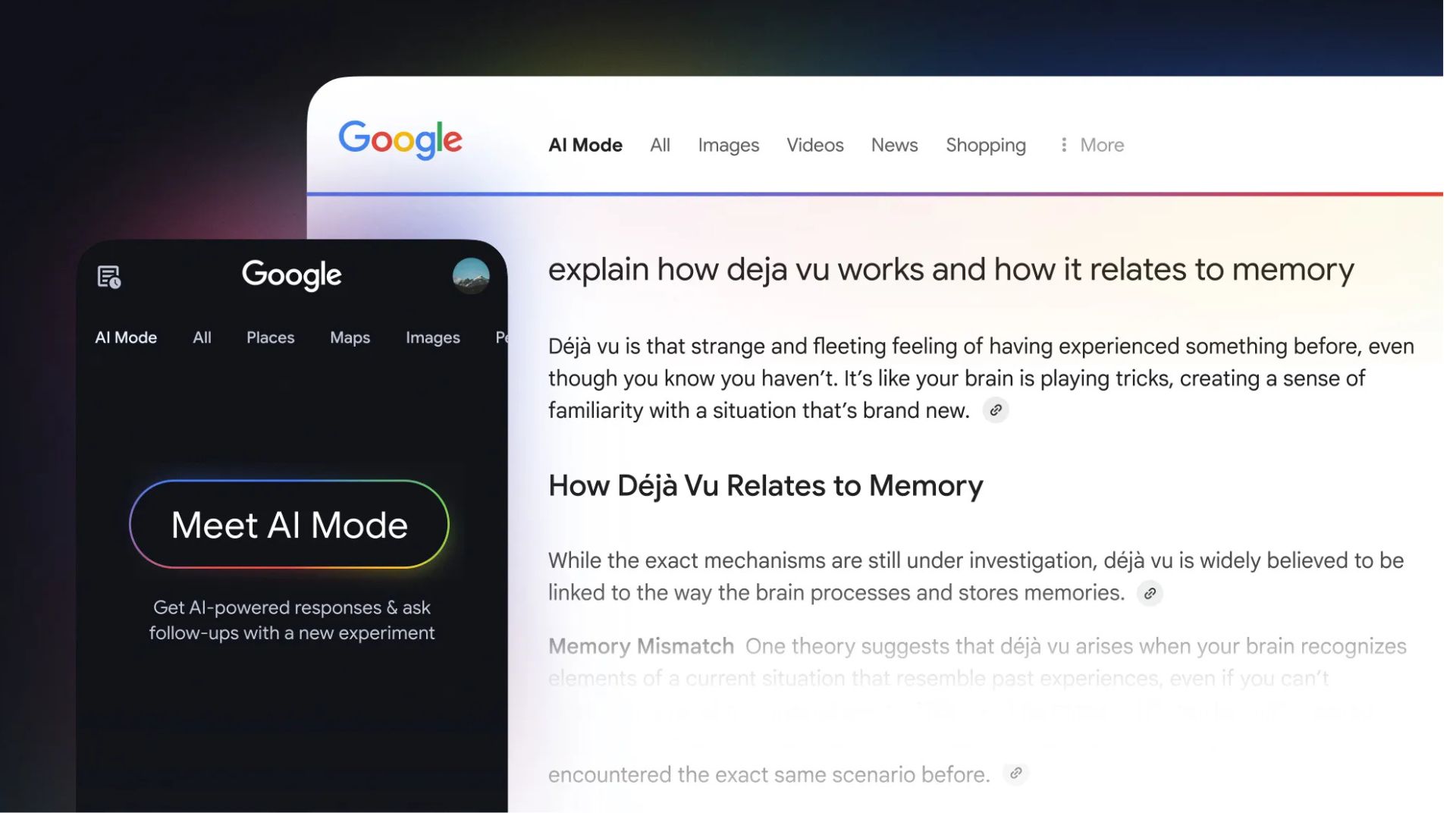
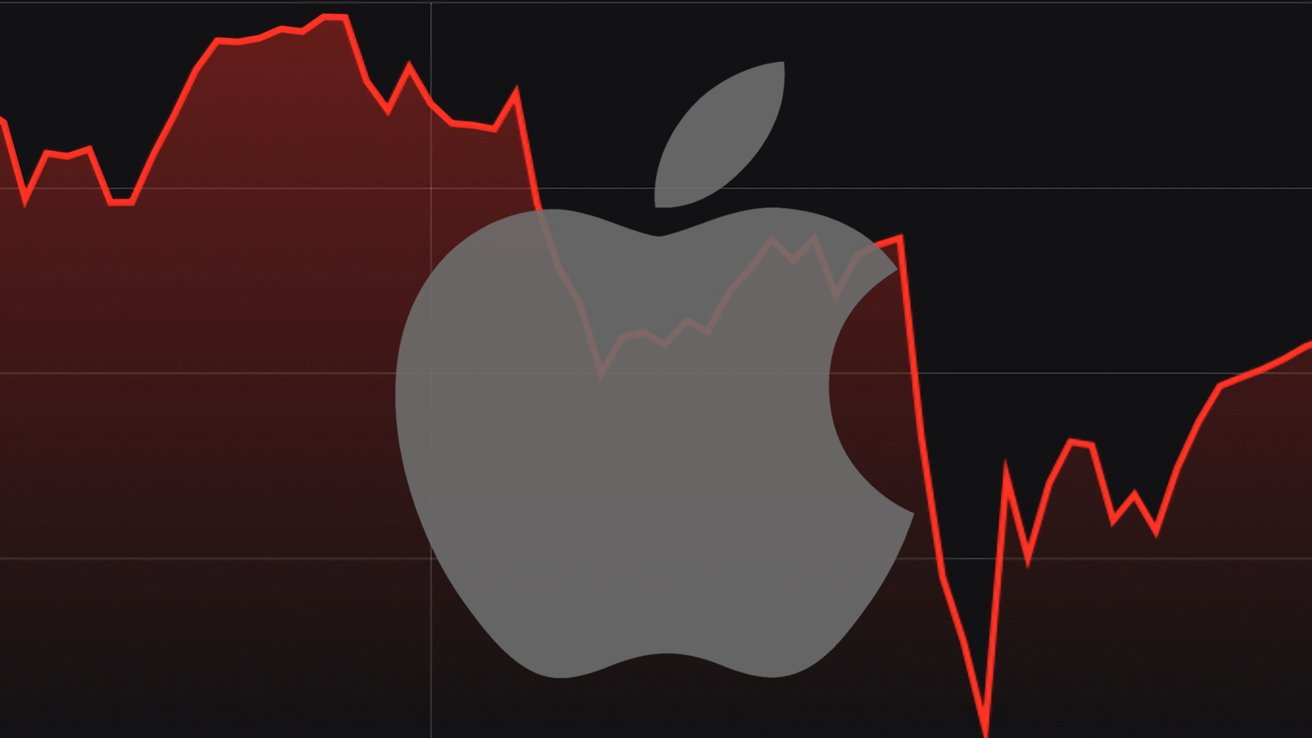

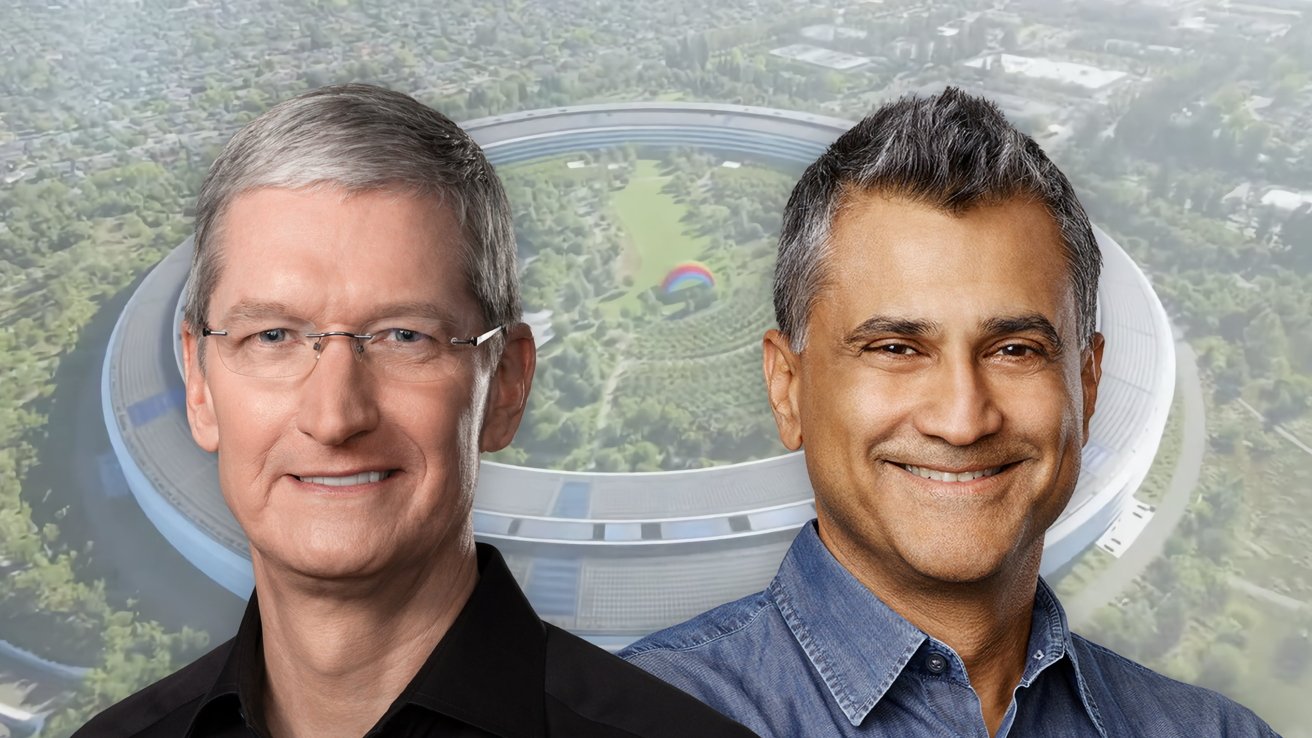
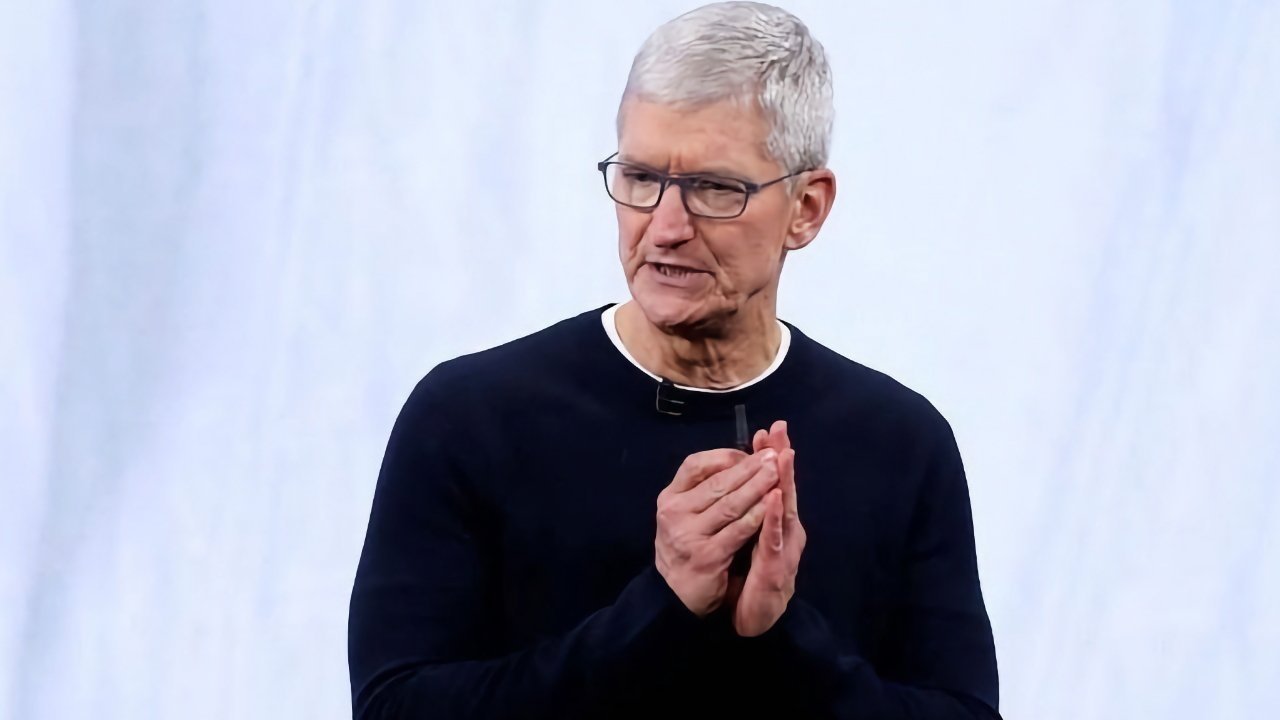
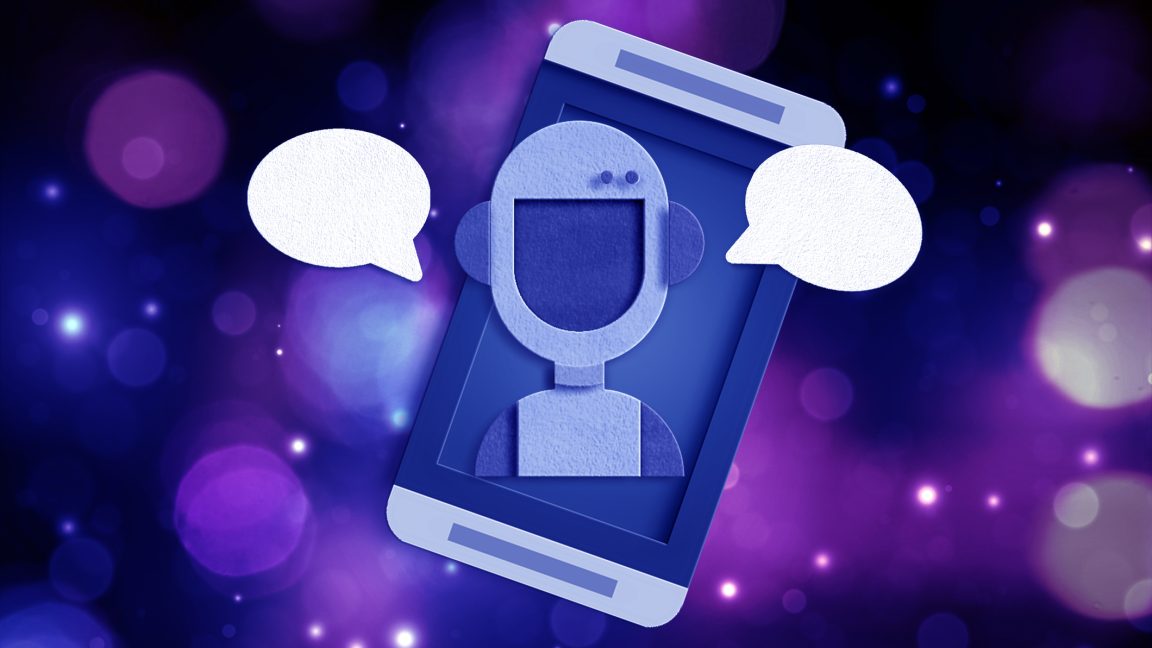

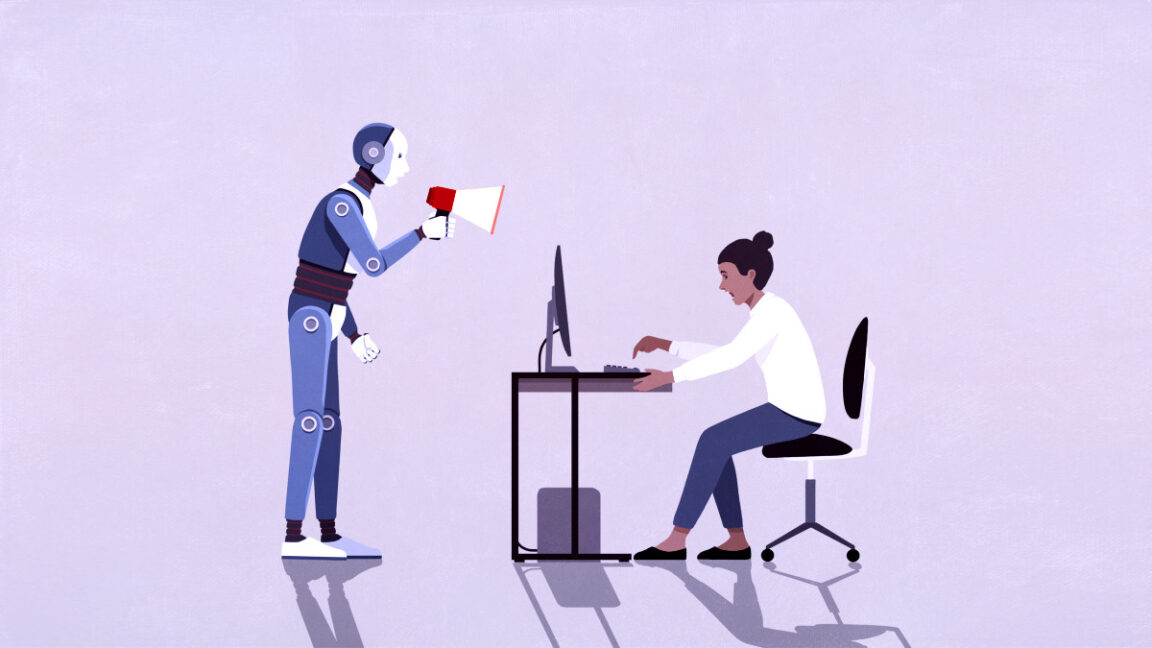

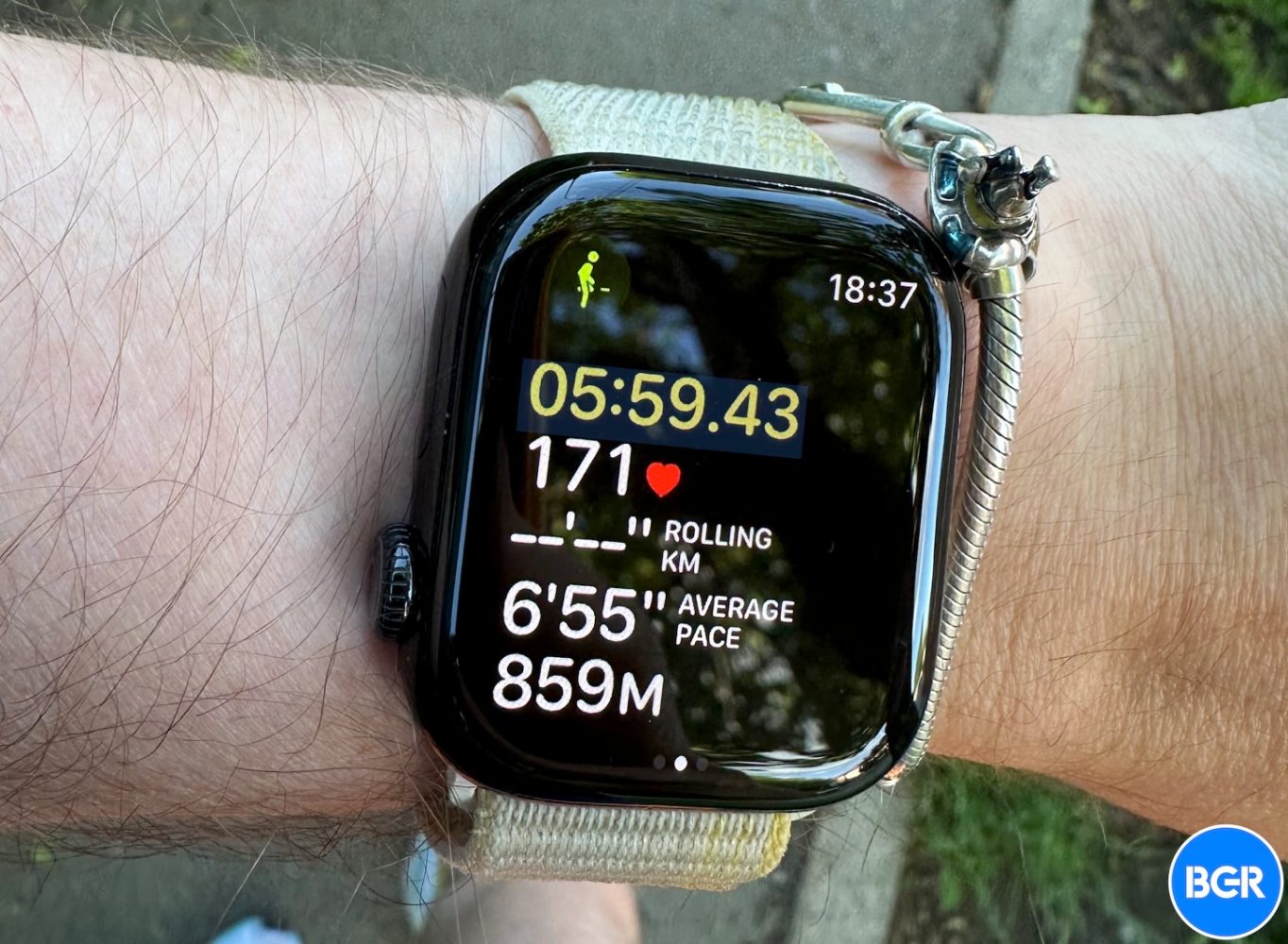














































































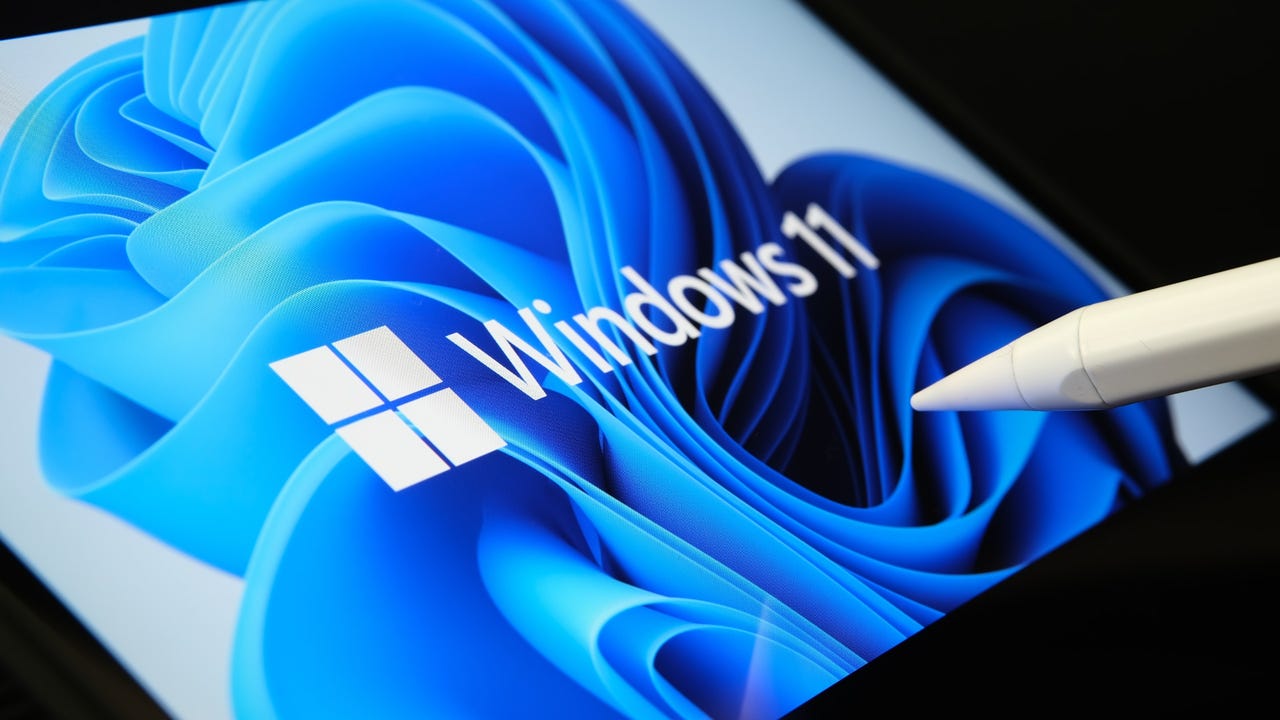
_Andreas_Prott_Alamy.jpg?width=1280&auto=webp&quality=80&disable=upscale#)


























































































































![[The AI Show Episode 145]: OpenAI Releases o3 and o4-mini, AI Is Causing “Quiet Layoffs,” Executive Order on Youth AI Education & GPT-4o’s Controversial Update](https://www.marketingaiinstitute.com/hubfs/ep%20145%20cover.png)
















































































































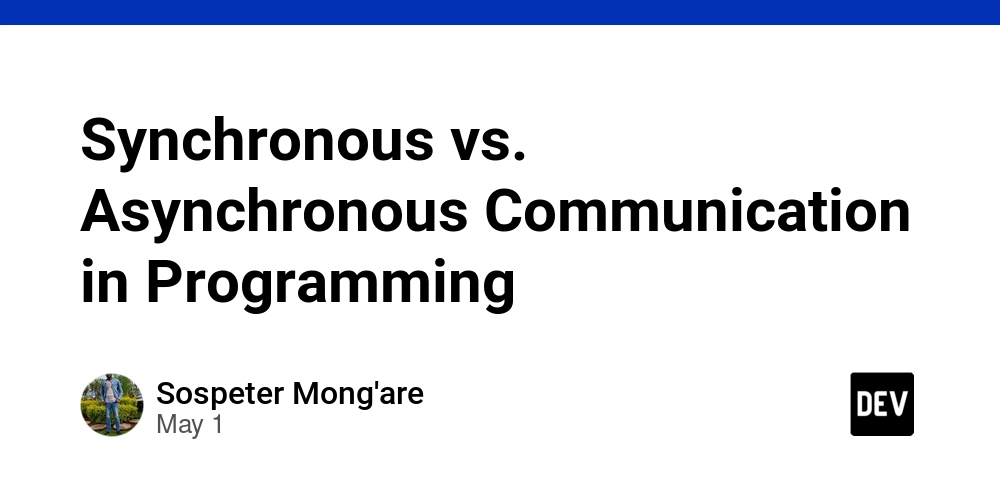

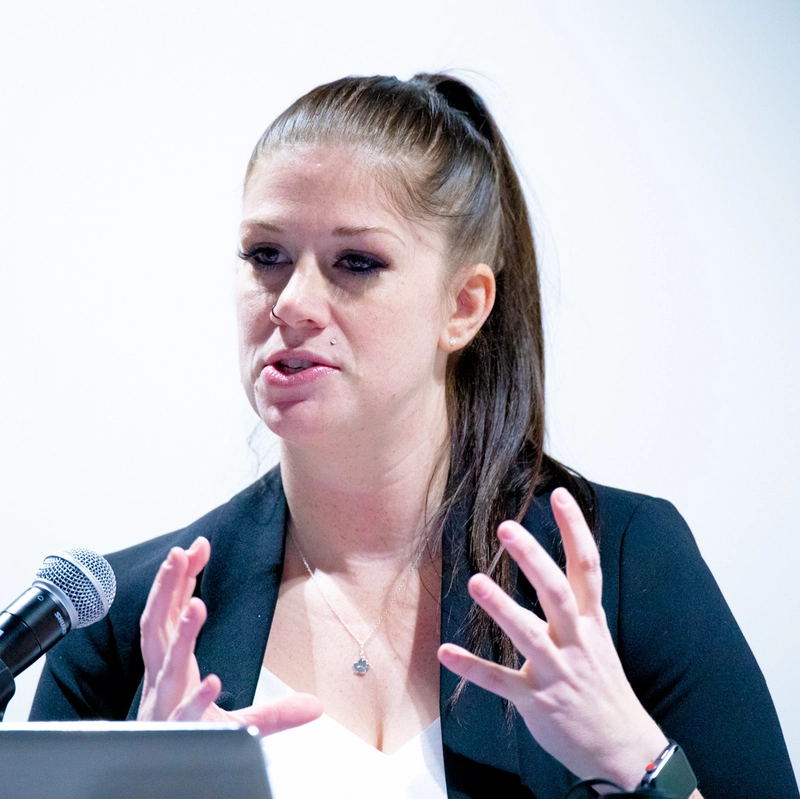
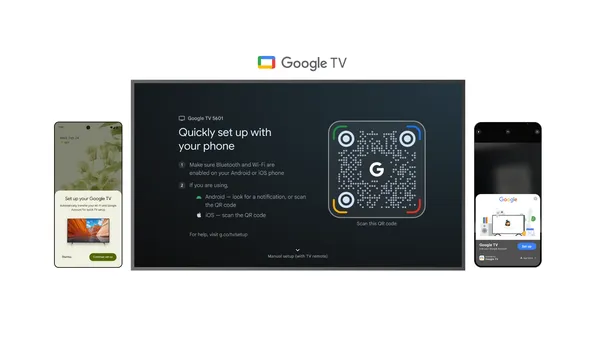
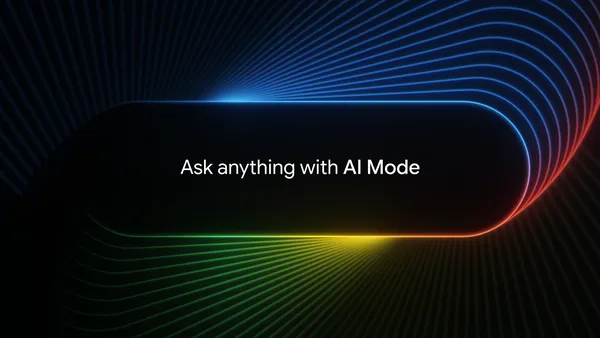



























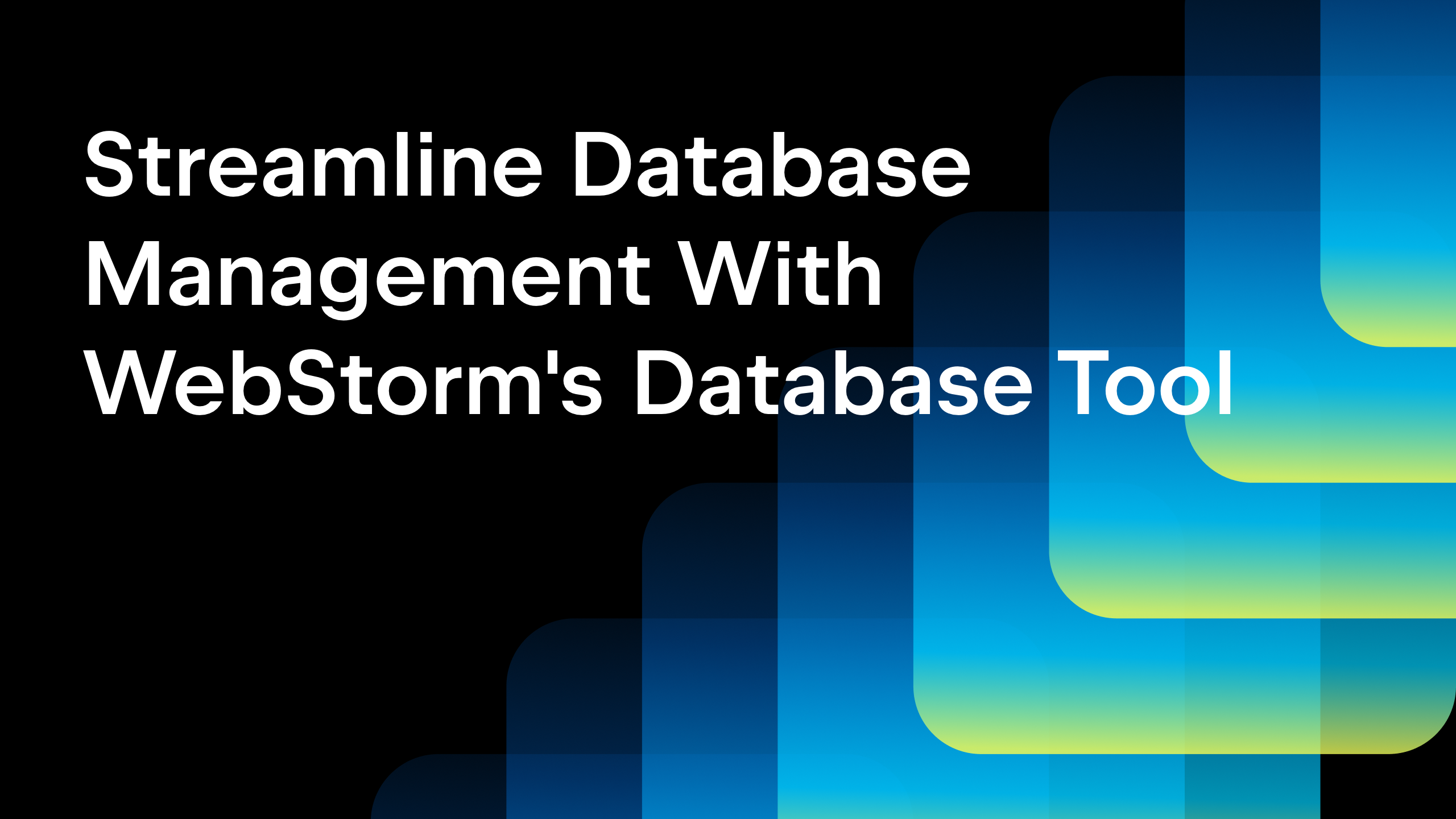


















![[DEALS] Mail Backup X Individual Edition: Lifetime Subscription (72% off) & Other Deals Up To 98% Off – Offers End Soon!](https://www.javacodegeeks.com/wp-content/uploads/2012/12/jcg-logo.jpg)

























